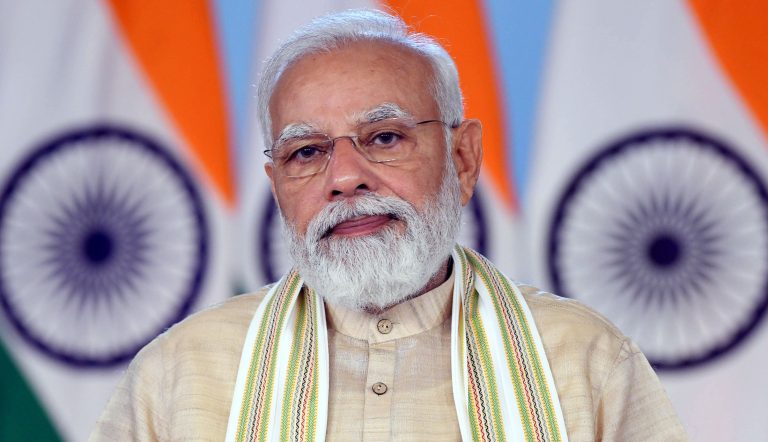India says UN remarks on ‘stigmatization’ during COVID-19 are ‘highly objectionable’
India on Saturday reacted strongly to the United Nations’ call for the government to fight “stigmatization of certain sects of people”, with an Indian representative to the body saying the remark was “highly objectionable” as “such matters are being looked after by the government, enlightened citizens and the civil society in the country.”
J S Rajput, India’s representative in the UNESCO Executive Board, also said that most of the global bodies were “untenable and unsuitable” for the current period and that India would play a key role in them post COVID-19 era.
“In the recent meeting of NITI Ayog, it was reported that Renata Lok-Dessallien, UN Resident Coordinator in India, brought out the issue of sectorial targeting of a particular community and I found that to be highly objectionable. Such matters are being looked after by the Indian government, by enlightened citizens and the civil society in the country,” Rajput told The Indian Express.
Taking strong exception to “the interference” as he termed it, Rajput said, “UN agencies particularly in the context of India are indulging in issues that are not the part of their international responsibilities. I recall their interference in the issue of Jammu and Kashmir when they suddenly became concerned about so called human rights violation.”
Pointing out that India is capable of handling its internal issues, Rajput said under the leadership of Prime Minister Narendra Modi, “the country is confident that it will solve its internal issues.”
The Indian Express reported on Friday that on April 7, at the seventh meeting of the empowered group coordinating with the private sector, NGOs and international organisations, Renata Lok-Dessallien “pointed out the need to address the issues of migrant labourers and fighting stigmatisation of certain sects of people.” The meeting was chaired by NITI Aayog CEO Amitabh Kant.
The next day, the Ministry of Health issuing an advisory, which stated: “Public health emergencies during an outbreak of communicable diseases may cause fear and anxiety leading to prejudices against people and communities, social isolation and stigma.” Such behaviour, it said, may culminate into increased hostility, chaos and unnecessary social disruptions.
The Ministry’s advisory came in the wake of finger-pointing at Muslims after the spike in positive cases across the country was traced to a March congregation of the Tablighi Jamaat in Delhi.
Rajput, the former director of NCERT, also pointed out that the UN bodies would need restructuring in the new world. “A new restructuring of the UN agencies will be necessary and India will play a major part in it. Most of the UN bodies have become untenable and unsuitable for the current times. One example is that India being not part of the permanent member of the UNSC.”
“I am confident that the role of UN agencies shall be seriously and deeply analysed in the post coronavirus world,” he added.
INDIAN EXPRESS






